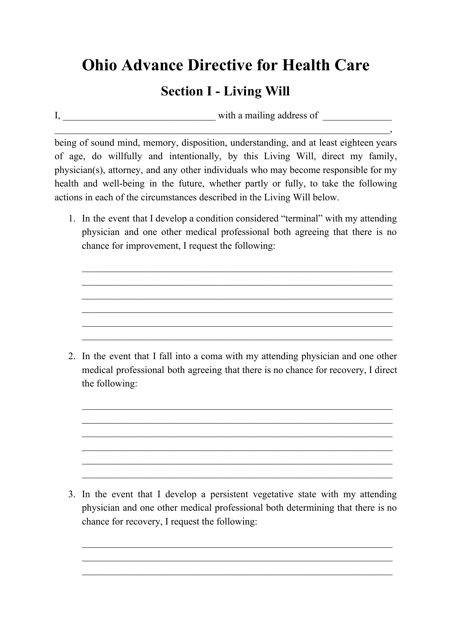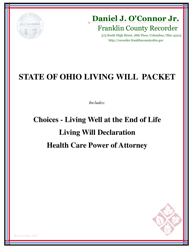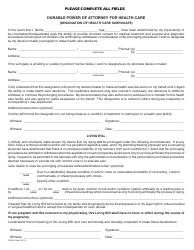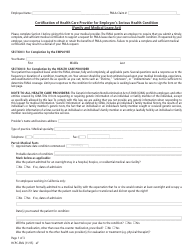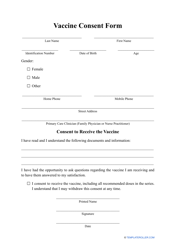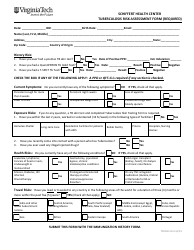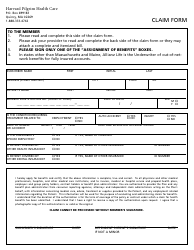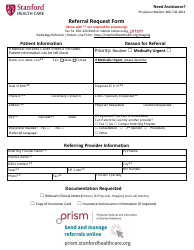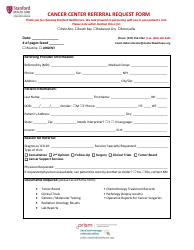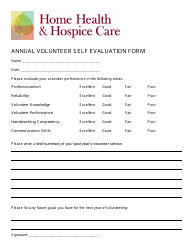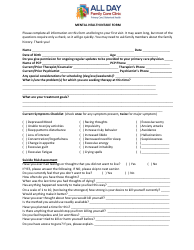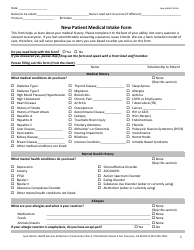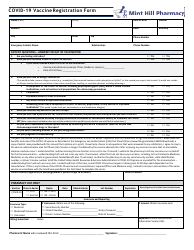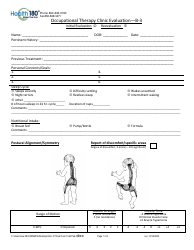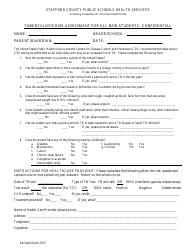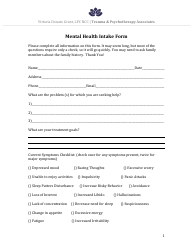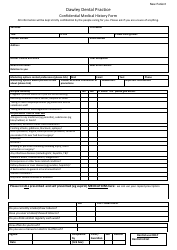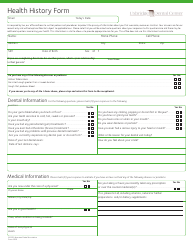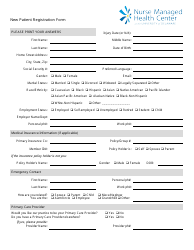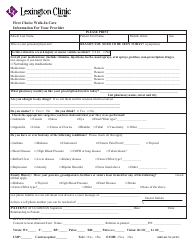Advance Directive for Health Care Form - Ohio
An Ohio Advance Directive is a set of written legal instructions regarding an individual's wishes and preferences for medical care that become effective in the events when they are unable to make decisions for themselves. If a patient does not have their health care wishes specified, these decisions can be placed in the hands of family members, doctors, or even judges, who may know very little about what the patient prefers.
There is a difference between this form and a Living Will in Ohio. Advance Directives come into force in all cases when an individual is too ill to communicate or unconscious. A Living Will is a specific type of directive that takes effect when a patient is terminally ill and only lists decisions about life-sustaining medical procedures.
An Ohio Advance Directive requires two witnesses or a notary as per Chapter 2133 (Modified Uniform Rights of Terminally Ill Act and the DNR Identification and Do-Not-Resuscitate Order Law). Download a ready-made version of the form through the link below or make your own with our customizable template.
What Is an Ohio Advance Directive?
An Advance Directive is a written form that lists an individual's preferences for medical care and grants a spouse, child, family member, friend or attorney the authority to make decisions regarding health care on the individual's behalf. It includes two separate parts:
- A Medical Power of Attorney - also known as a Health Care Power of Attorney - in which the individual elects a person to make medical decisions when they are unable to do so due to being terminally ill, seriously injured, in a coma or near the end of life.
- A Living Will - a written, legal document that lists an individual's wishes regarding life-sustaining procedures, pain management or organ donation that takes effect when the patient is terminally ill.
How to Write an Advance Directive in Ohio?
Advance Care planning is a four-step process:
STEP 1 - Electing an agent to make health care decisions on the patient's behalf.
STEP 2 - Expressing wishes about any limitations in medical treatment - CPR, breathing machines, feeding tubes, and antibiotics.
STEP 3 - Making decisions related to organ and tissue donation and stating preferences regarding the funeral, burial and the disposition of remains.
STEP 4 - Signing, dating and witnessing the form according to the applicable Ohio law. Copies of the completed form should be handed out to the agent, the physician, the patient's family and to the health care facility.
